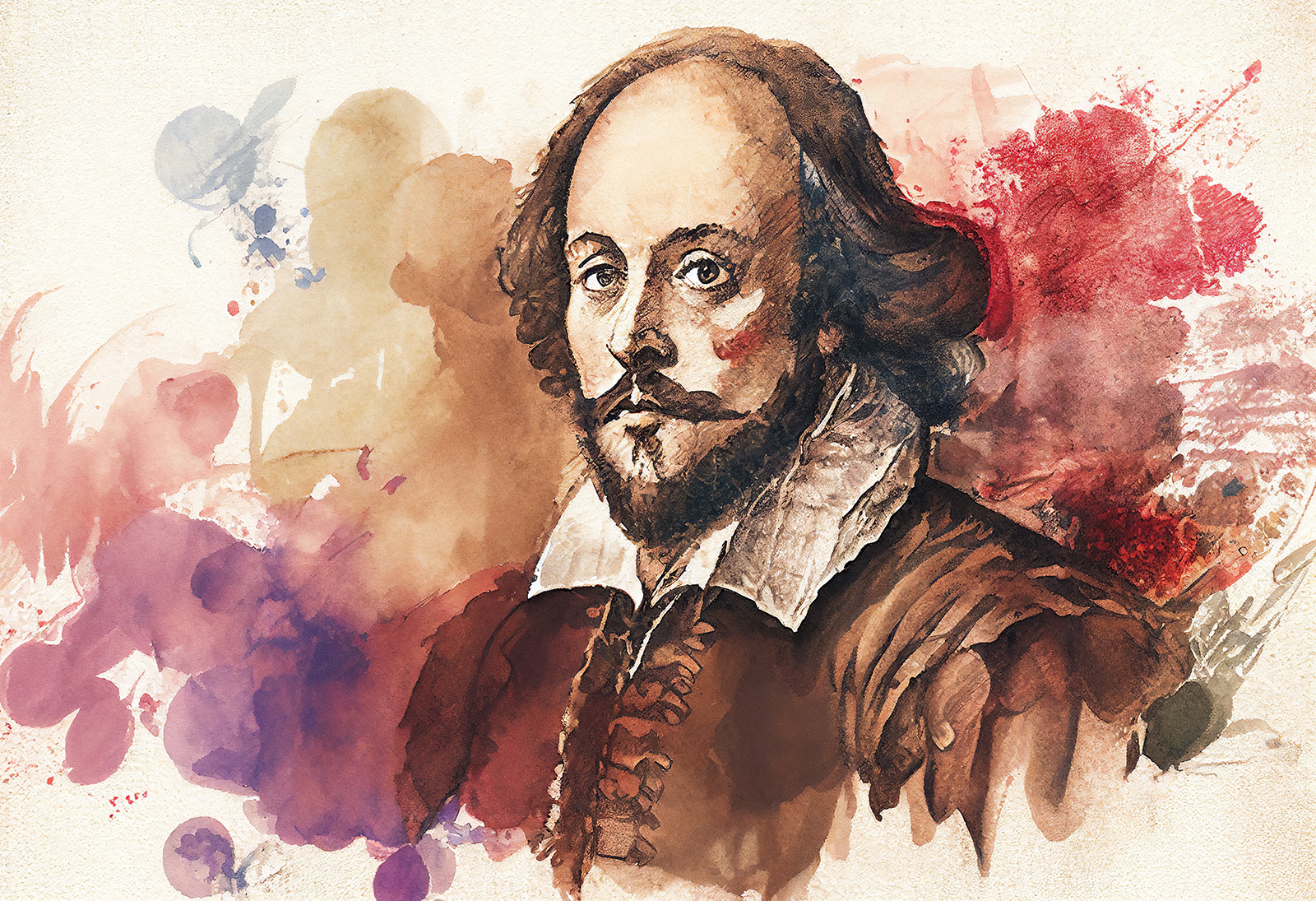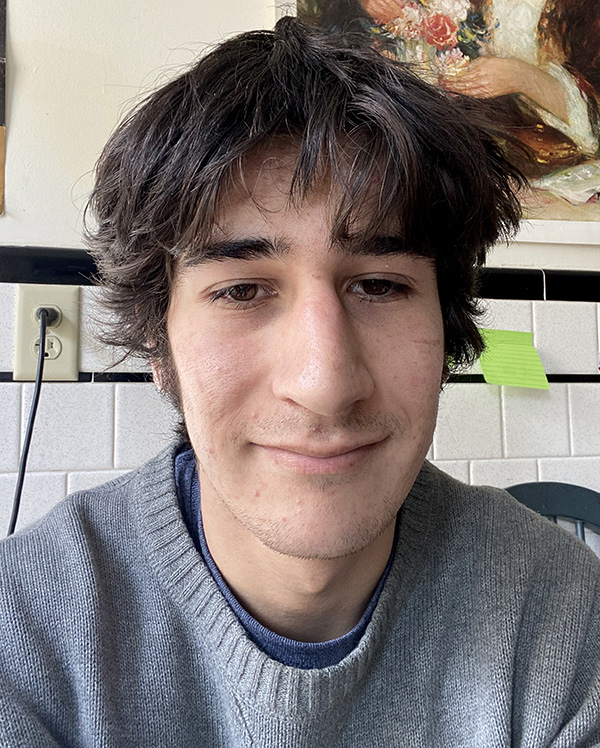‘The play’s the thing’: Undergraduate Shakespeare Conference returns to Clark

“The purpose of playing … is, to hold, as ’twere, the mirror up to nature; to show virtue her own feature, scorn her own image, and the very age and body of the time his form and pressure.” Hamlet, 3.2.22–26
William Shakespeare began writing plays in the late 1580s and wrote his last one just a few years before his death in 1616.
And more than 400 years later, scholars are still finding new ways to discuss his work and its relevance.
This Saturday, a group of undergraduate students will add to that ever-growing body of knowledge when they present their scholarship at the 18th Undergraduate Shakespeare Conference, being held at Clark for the first time since its inception in 2002.
Ten undergraduates — six of them Clark students — will share their work throughout the day. The conference will also feature a keynote address, “Shakespeare & Play: The Art of Visualizing Race through Virtual Reality,” by David Sterling Brown, associate professor of English at Trinity College.
The Undergraduate Shakespeare Conference was the brainchild of Professor Emerita Virginia Mason Vaughan, who, as Clark’s resident Shakespeare scholar in 2001, broached the subject with her colleagues at colleges in Worcester. The goal was to offer students a distinctive preprofessional opportunity to showcase their research in a supportive academic setting.
After a forced hiatus due to the COVID pandemic, Clark professors and 2024 conference chairs Justin Shaw and Dianne Berg, along with the conference steering committee, decided to bring the event back to where it began.
“It’s an appropriate full-circle moment for us to be hosting the New England Undergraduate Shakespeare Conference in its first post-COVID iteration. After several years of uncertainty and disruption, it feels good to be reinstating this tradition, and we’re very excited to give students a chance to share their work,” Berg says. “We are especially grateful to Virginia Mason Vaughan, the conference’s founder, for serving on the steering committee and as a judge.”
“The conference presents a rare and outstanding opportunity for undergraduate students in the humanities to do what working scholars are very accustomed to — share academic work with peers in a public setting,” Shaw adds. “While historically, the conference has focused on students from New England colleges, we are excited this year to extend invitations to students from beyond New England, and are excited to curate a space for all students to stir intellectual connections and enjoy each other’s company.”
Shaw says he is thrilled to have David Sterling Brown, one of the country’s top Shakespeare scholars, attending to present the keynote address and share “important and innovative work on Shakespeare, race, and virtual reality.” Sterling Brown will be offering autographed copies of his celebrated new book, Shakespeare’s White Others, to winners of the conference’s best essay prizes.

Leo Brisson ’25 is one of the Clark students set to present on Saturday. His paper, “The Father of Every Insane Form: Law, Love and Comedy in ‘The Merchant of Venice,’” examines money as it appears in the play, which is “set against the background of early capitalist social-economic development,” Brisson says. “Proposing Shakespeare as a figure preceding later critics of capitalism, I argue that ‘The Merchant of Venice’ exposes some underlying social antagonisms to early capitalist empire development.”
A double major in English and geography, Brisson owes their interest in Shakespeare to Shaw and the discussions in his courses, but was even more drawn to the works by “the curious relation between Shakespeare’s time and ours.”
A popular view is that “Shakespeare’s writing is universal,” thanks to the depth of his tragic characters and the wit of his comic sequences, but Brisson adds that Shakespeare was writing in a changing world, during the transition from the Medieval to Early Modern periods.
“And somehow, in some way, he was able to uniquely evoke a range of characters, worries, impulses, and wishes of a modern era. In Shakespeare, we can learn what it means to be an individual in a vulnerable, changing time. His characters are often caught in the tide of major familial, religious, social, and economic change,” Brisson says.
“What better writer to consider within the crises of today?”


